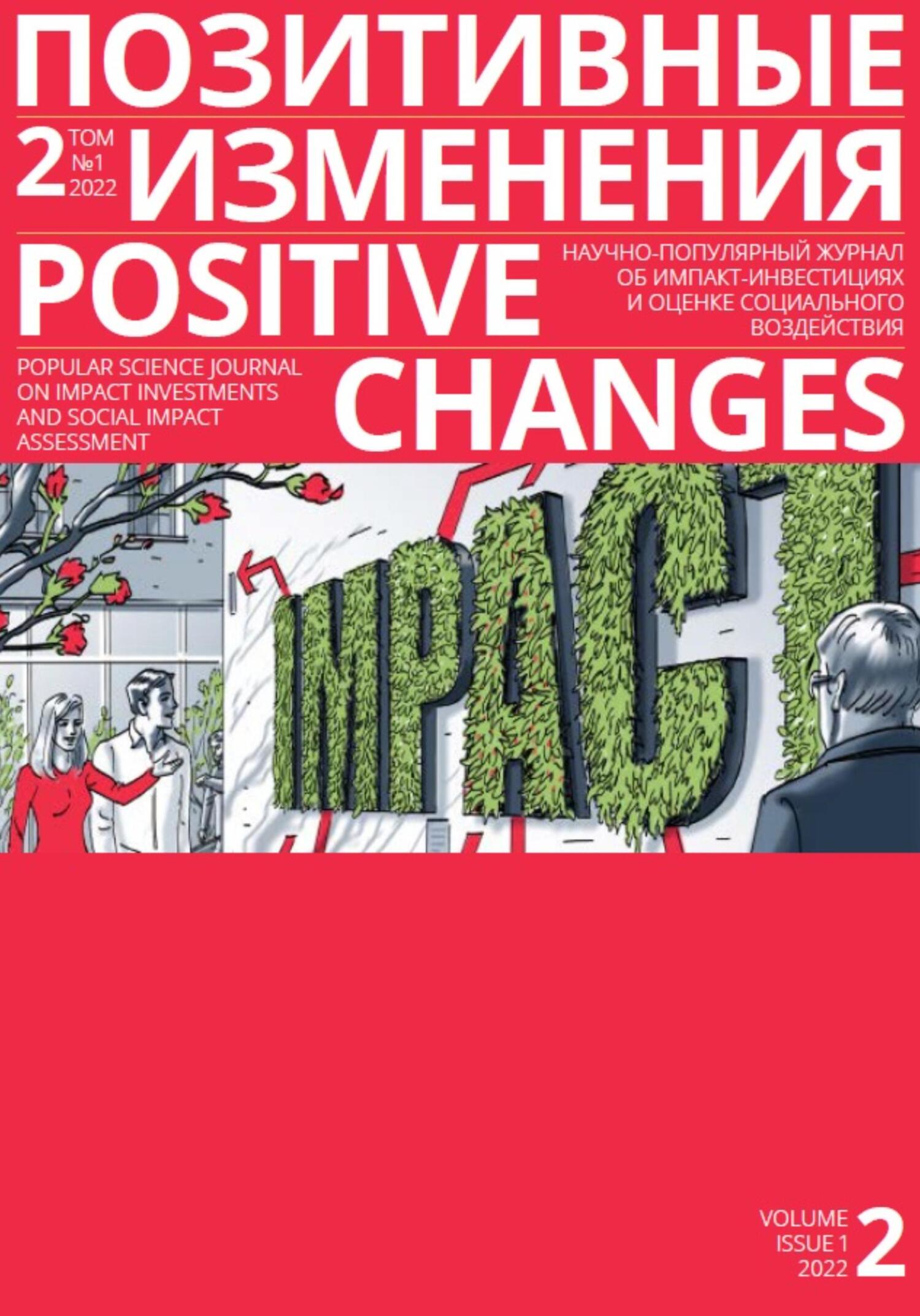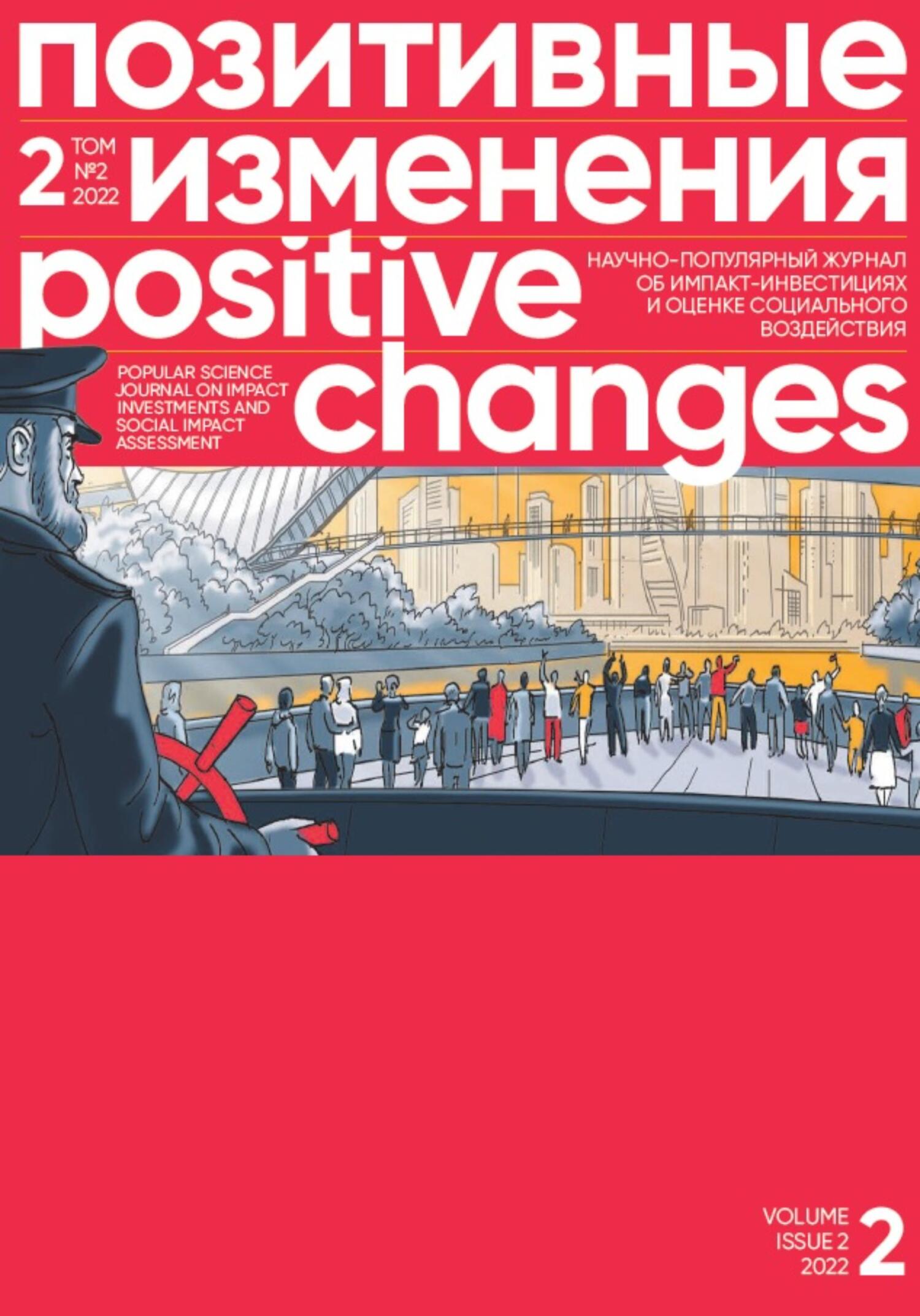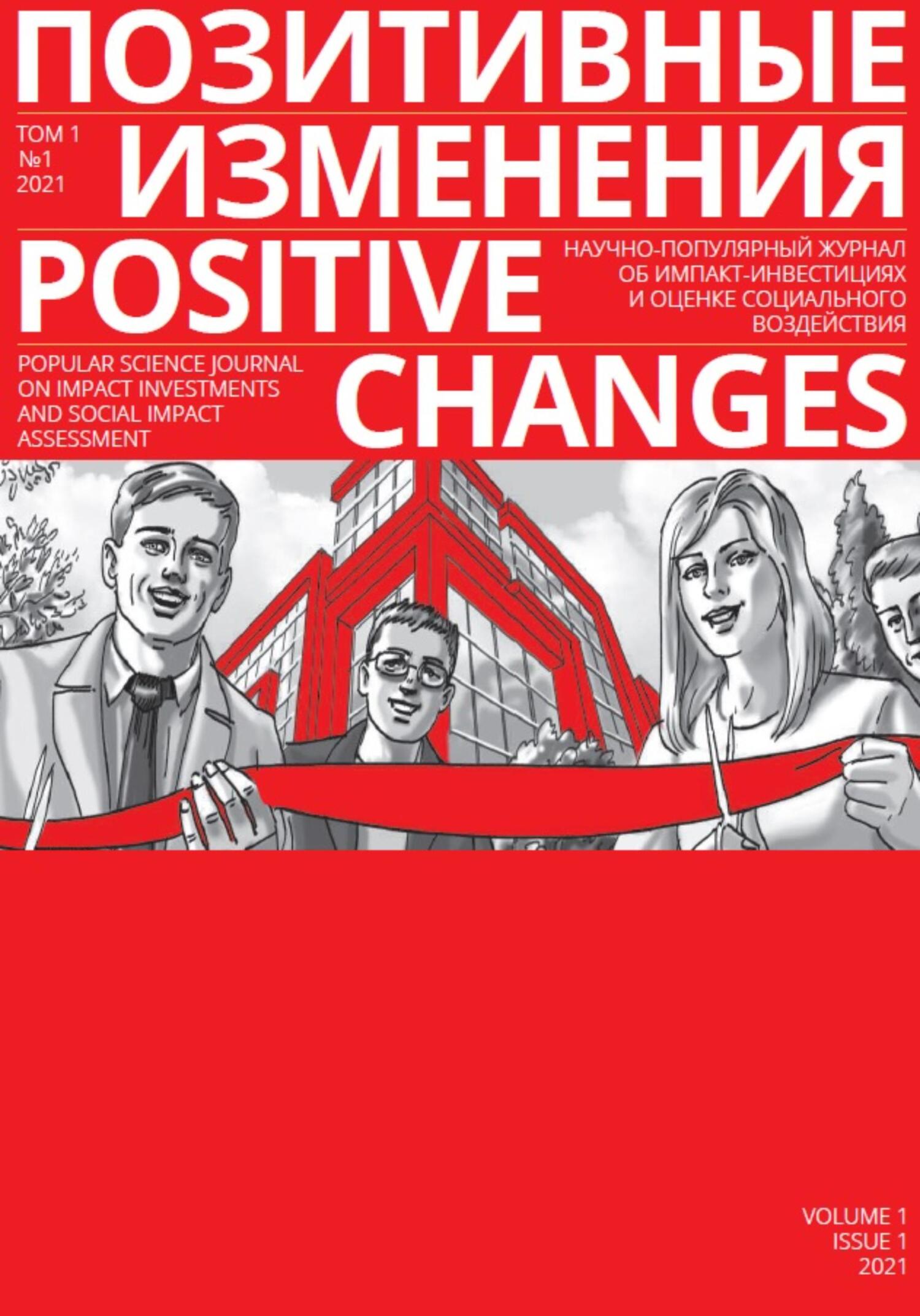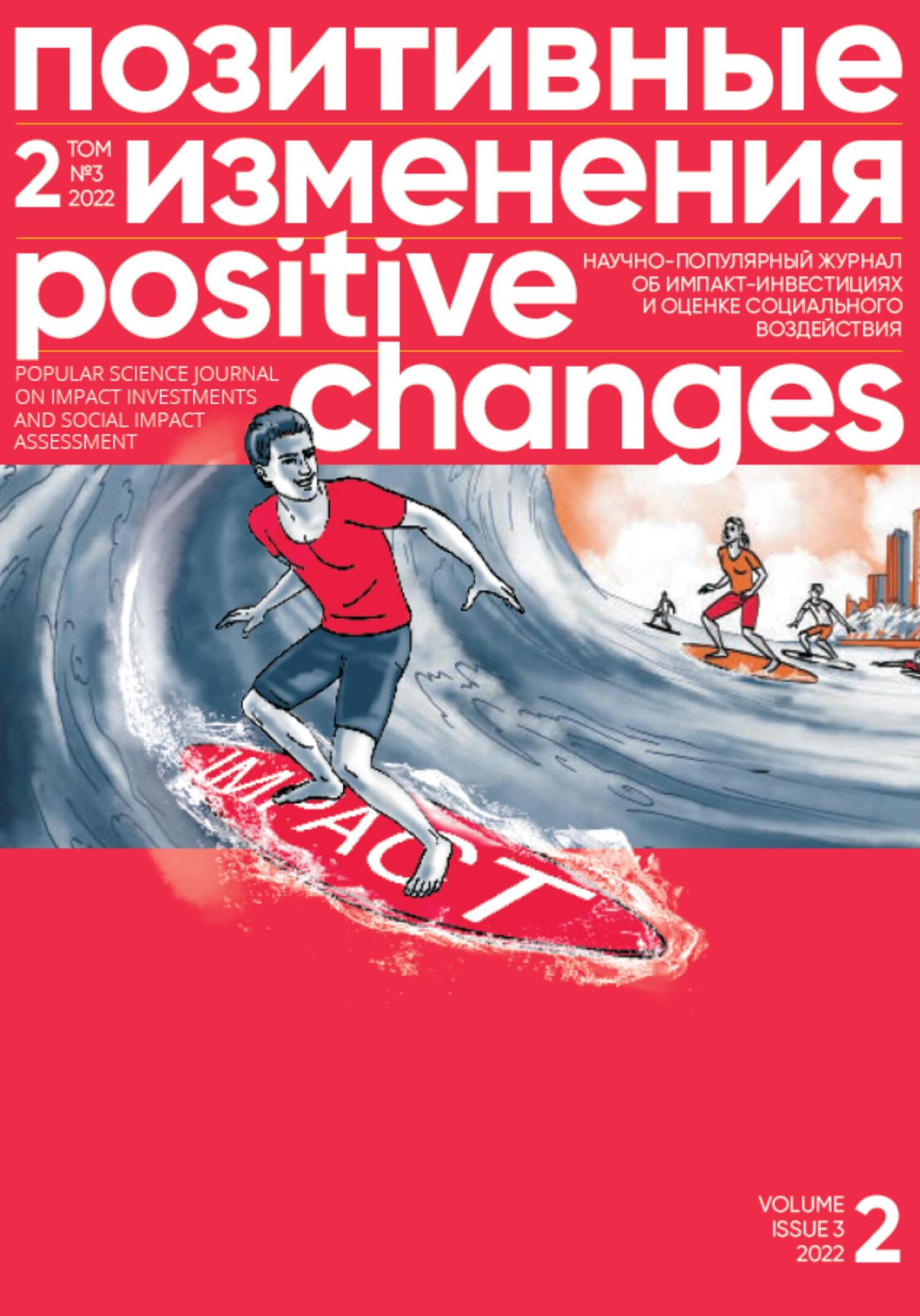for an impact company, and these are mostly brand companies, is enough to make this specialist more valuable. But if you have poor skills, if you simply moved the papers around in any impact company for three years and have lost your qualifications, then of course your value in the job market won't increase. It's not enough to work for a major brand company, you need to do something important and grow as a professional.
In the newsletters from your Facancy project, you sometimes call job postings from NGOs "good karma vacancies". Can you say that working for a charity or NGO is an impact job experience by definition?
No sphere has any preferences in terms of impact. I know quite a few NGOs that were created not in order to improve the world, but to unfairly optimize taxes or income. I know quite a few NGOs with a toxic workplace environment. I also know quite a few NGOs that really help people and make the world a better place. These organizations make a real impact. In general, NGOs are naturally closer to impact. But just the fact that you call yourself an NGO does not automatically mean that you make an impact.
In your opinion, how can one make a greater impact — by self-employment or by being on payroll? And why? Self-employment has not more and not less impact. It all comes down to the same two questions — am I improving the world and am I improving myself? For instance, I have a cake shop that the whole neighborhood adores, and I also use the profits to plant three lilac trees in front of the shop, or I donate the leftover cakes to the homeless or the poor. Oddly enough, self-employment can have a greater impact because you make people happier every day and do something good on top of that. While a large corporation that spends millions of billions on impact-focused projects can have a box-ticking approach, and these projects won't bring any actual benefits. Or it may have an environment so toxic that no matter how many lilac trees they plant, they won't make any impact.
So once again, there are two key criteria — am I making the world better, and do I get better myself. If you answer «yes» to both of these questions, you are making an impact, regardless of whether you work for a company or are self-employed. If at least one answer is a «no», there is no impact.
What are the rules and criteria that can help people find a job that makes an impact?
Before you are invited to a job interview, usually you get a call from a recruiter who asks you questions and talks about the company. Listen carefully. How respectful are they? How willing are they to provide information about salary? It may be not a single figure but two, for instance, "We pay people in your position from 100,000 to 150,000 rubles (our salary fork), the rest depends on your qualification”. It's an honest reply. See how transparent and clear all processes are in general. You want to see a respectful attitude at all interview stages, transparency about job tasks, salary, the whole story of how this vacancy came around. Was someone fired or promoted, or is the company expanding? You want to get answers to most of your questions. Of course, there should be no under-the-table payments. These factors help understand that even if a company technically is not engaged in the impact business, it is an impact-focused company in terms of its internal career policy.
How to start an impactful career? Where to look for such jobs?
To begin with, check out our offerings at Facancy, because this is what we do. Then look at the job description, no matter where you have found it. If the salary is disclosed, the job has a proper description, if there is an explanation why the company is hiring, if the company brand has good reputation, then you are probably looking at an impact company. I would say that the brand and the size of the company should be the least of your concerns. First of all, focus on transparency in job description, salary and all stages of communication with the HR. There is a concern that many large companies overemphasize their impact thanks to their PR and financial capabilities. But in fact they may make a smaller impact than smaller companies. They just have more resources and therefore more visibility.
And the final question: how would you assess your impact? Throughout its existence, the Alena Vladimirskaya Career Lab has helped improve the careers of dozens of thousands of “white-collar” workers. It doesn't always mean that we helped them find a new job. We specifically helped them figure out their career paths. And if we consider all the free webinars and marathons, we are speaking probably of several hundred thousands of “white collars” in our country. So our biggest impact has been helping job seekers find clear and transparent ways to make their careers as efficient as possible. It's not always about the money. It can be about positions, exciting projects, a shift from wage- to self-employment and vice versa. We are really helping people, for 22 years already, and we mostly do it for free.
Yulia Vyatkina
Journalist
Экспертные статьи / Expert Publications
«Дайте мне инструмент, и я переверну землю»: возможности диджитализации методов в оценке социального воздействия
Лия Сидлина, Наталья Гладких
DOI 10.55140/2782-5817-2022-2-1-10-15
Оценка результатов своей деятельности сегодня «не роскошь, а средство передвижения». Без постоянного мониторинга, отслеживания индикаторов выполнения задач, соотношения вложенных усилий и полученного результата, влияния полученного результата на целевую аудиторию проекта и рефлексии невозможно добиваться успеха, получать финансирование и расширять пул клиентов/благополучателей в любой области.







